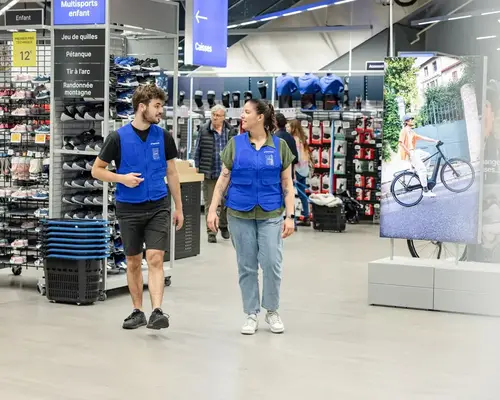Promoting sustainable mobility
Every September, it's now a tradition for some of the streets that populate our cities to suddenly change face... All of a sudden, clusters of festive cyclists, daring roller skaters, speedy longboarders and intrepid scooterists appear on the streets... Sometimes, strange futuristic vehicles, pedal-powered or electrically propelled, parade past under the curious gazes of passers-by. So there's no doubt about it: this is the sign that a new edition of the Mobility week.
Created in 2002 at the initiative of the European Commission, in just a few years the event has become THE major annual event for sustainable mobility. For seven days, thousands of events and workshops are organised to raise awareness and change our practices in this area.
The aim is clear: to promote and develop more sustainable modes of travel, safer and better quality for everyone. In particular, we need to promote all the alternatives to the private car, which continues to reign unchallenged on the majority of our journeys.










